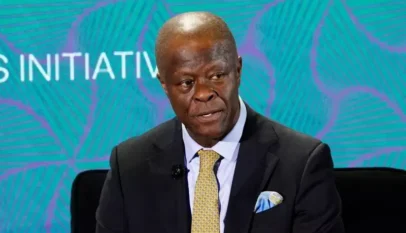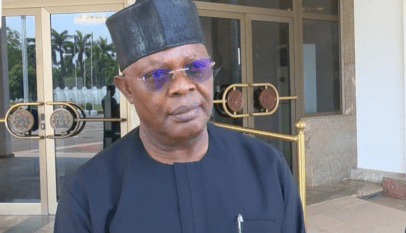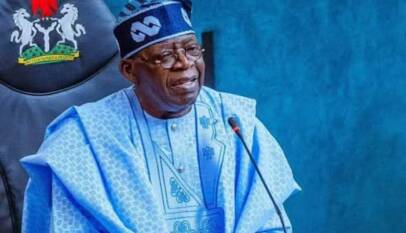
…Oil falls $12 below 2025 budget projection
By Douglas Maha, Business Editor
Global crude oil prices dropped sharply this week, with Brent crude falling to $65 per barrel, the lowest since August 2021, driven by U.S. import tariffs and an unexpected increase in output by the OPEC+ alliance, raising concerns for oil-dependent economies, particularly Nigeria.
The initial optimism from last week, fueled by U.S. President Donald Trump’s tariffs on countries importing oil from Venezuela, quickly dissipated as geopolitical tensions and trade disputes escalated. According to Oilprice.com, the downturn was primarily due to three factors: U.S. tariffs, OPEC+’s accelerated production increases, and China’s retaliatory measures. These developments caused Brent to fall below $65, a level not seen in nearly four years.
U.S. West Texas Intermediate (WTI) crude oil also declined by $4.96, or 7.4%, to $61.99 per barrel. Analysts noted that the market’s steep fall was driven largely by U.S. policy actions, with Oilprice.com describing the week as “a turbulent period for oil markets.”
China’s 34% tariff on all U.S. goods, effective April 10, heightened fears of a protracted trade war and global economic slowdown. As the world’s largest oil importer, shifts in China’s policies significantly impact global oil demand.
Simultaneously, OPEC+ plans to increase output by 411,000 barrels per day in May, nearly triple the previously scheduled increase, creating a supply glut that compounds market volatility.
For Nigeria, this decline presents considerable economic risks. The country is heavily reliant on oil, which accounts for over 90% of its foreign exchange earnings and nearly 50% of government revenue.
The current price of Brent is significantly below the 2025 national budget benchmark of $77.96 per barrel, threatening to widen the fiscal deficit and strain government finances. This shortfall could delay infrastructure projects, disrupt public spending, and increase borrowing.
The falling oil prices may also exacerbate pressure on the naira, complicating the Central Bank of Nigeria’s efforts to maintain currency stability. A weaker naira could drive up inflation, increase import costs, and reduce purchasing power. External reserves, crucial for currency support and trade financing, could also be impacted by declining oil revenues.
The uncertainty in global oil markets underscores the urgent need for Nigeria to accelerate economic diversification. Strengthening sectors such as agriculture, manufacturing, and services will be key to reducing reliance on oil exports and building a more resilient economy.
In response to this volatility, Nigeria’s policymakers must implement strategic fiscal and monetary policies, prioritize economic reforms, and ensure that non-oil sectors are adequately supported to safeguard long-term stability.
































